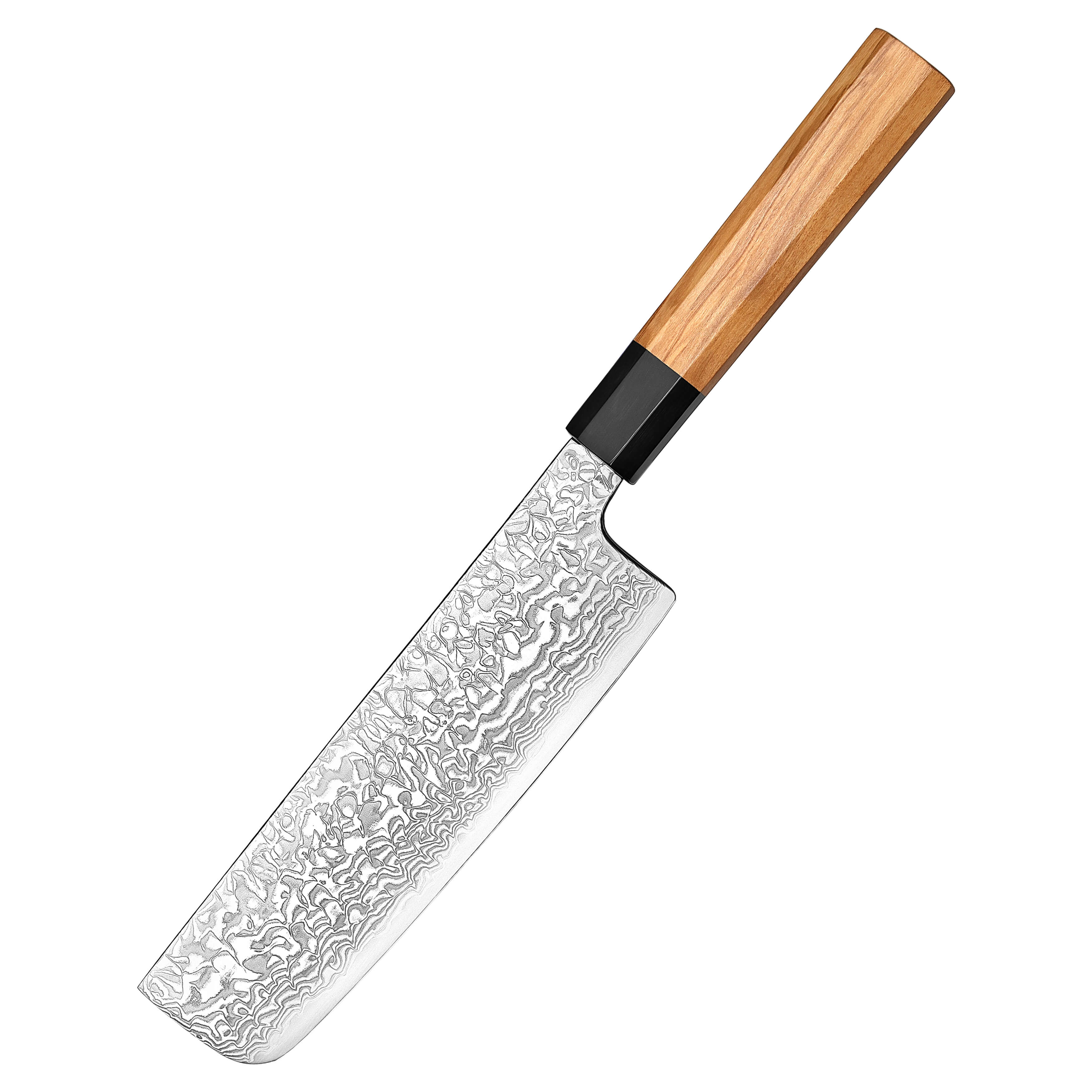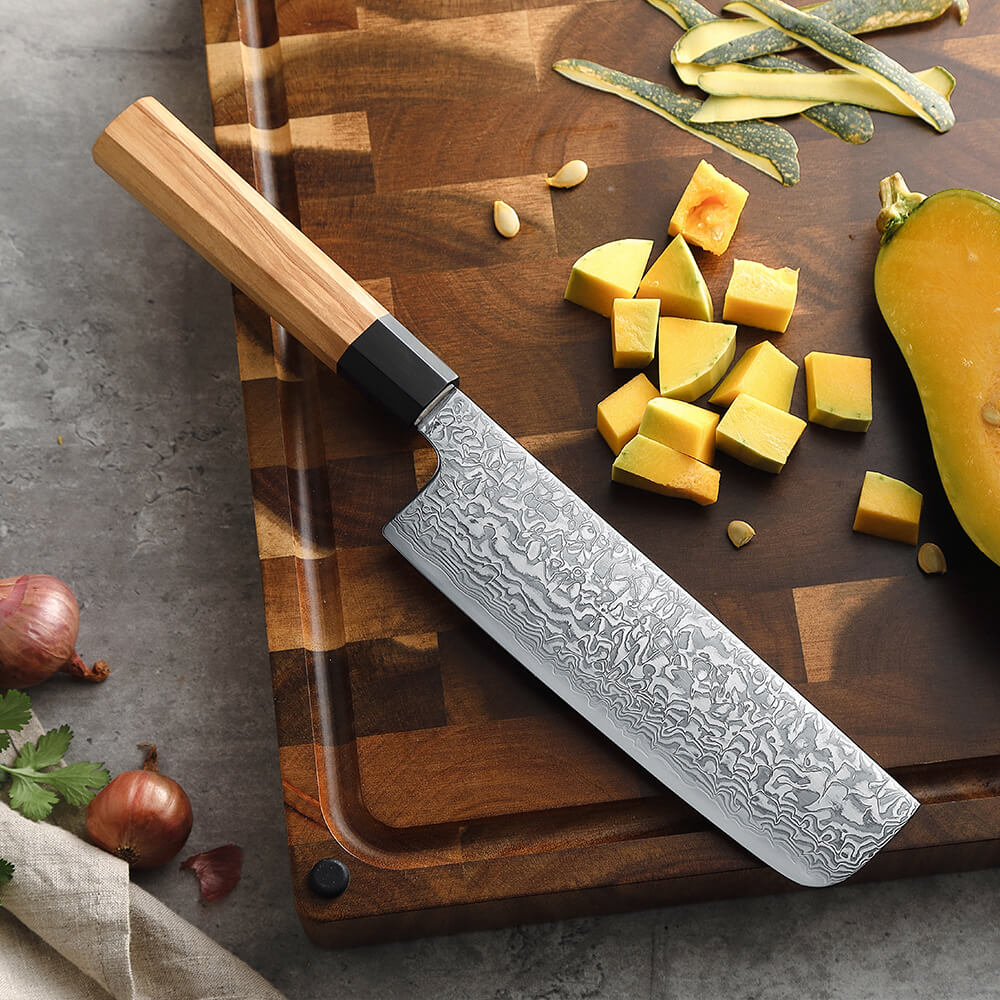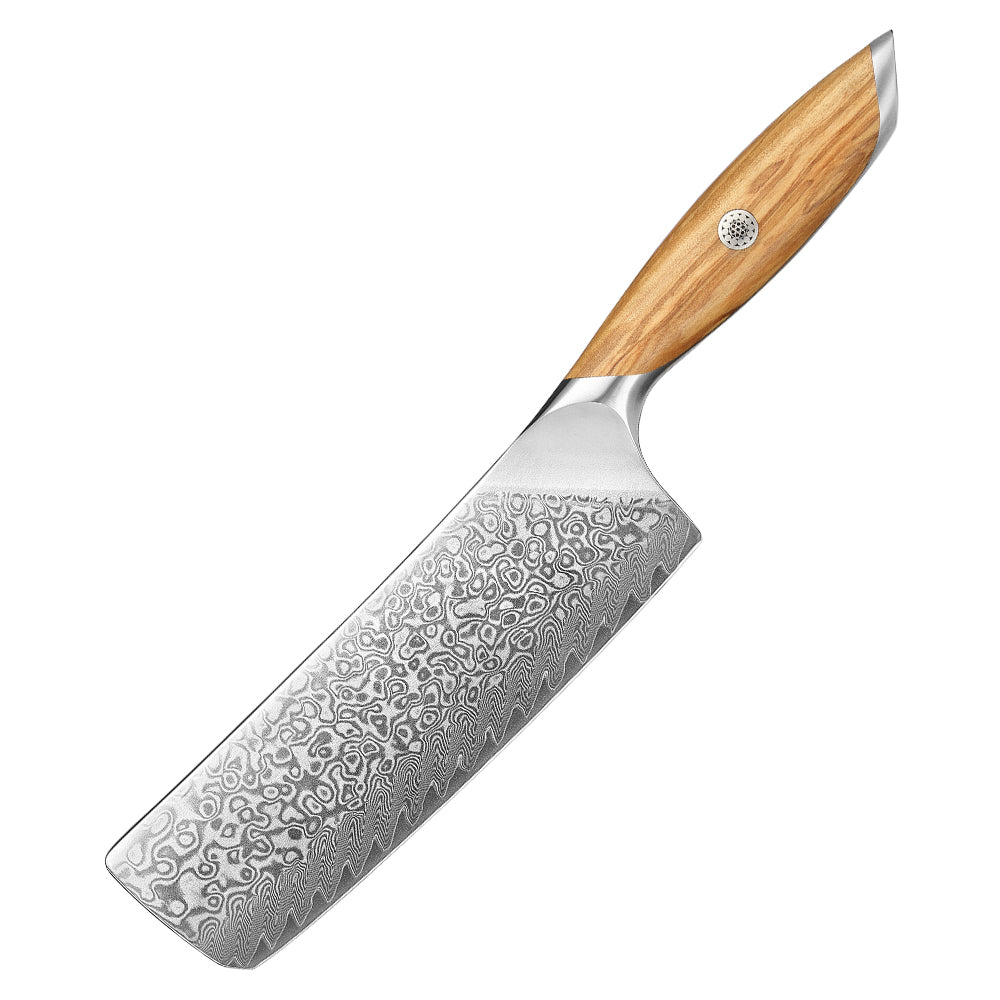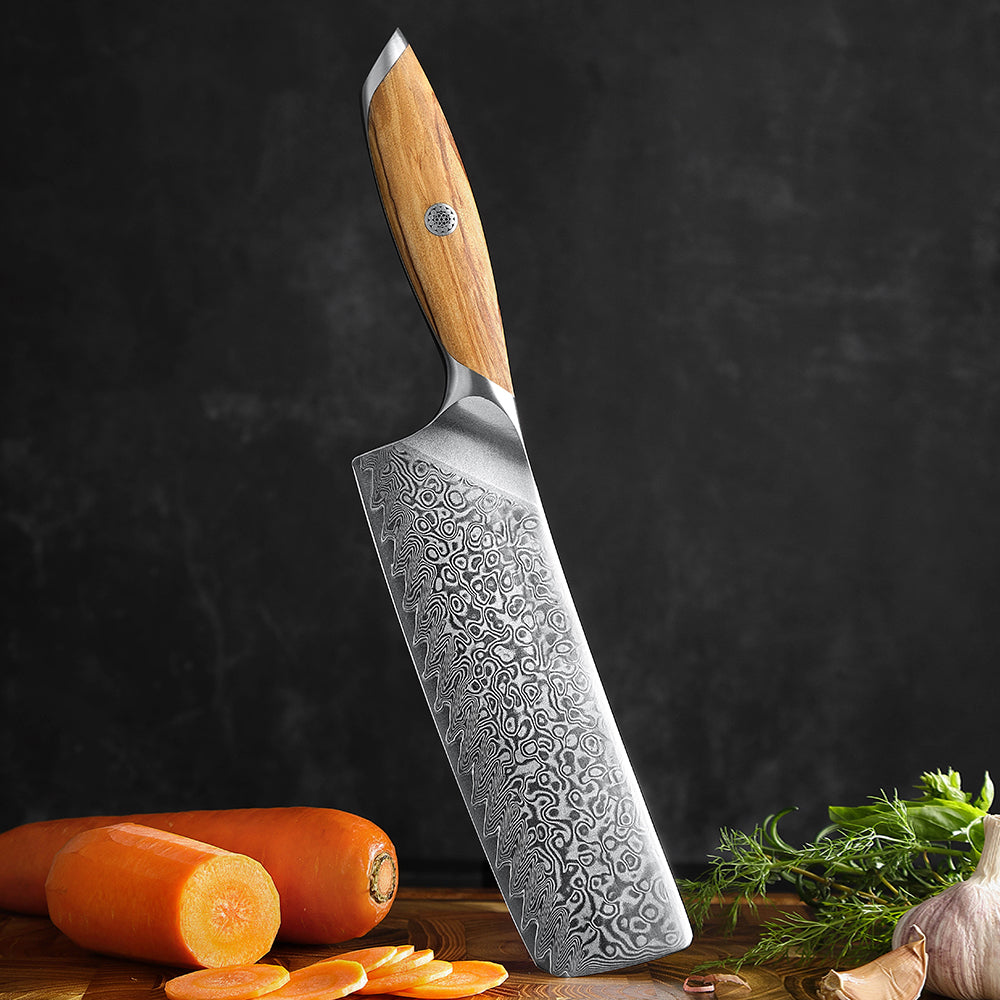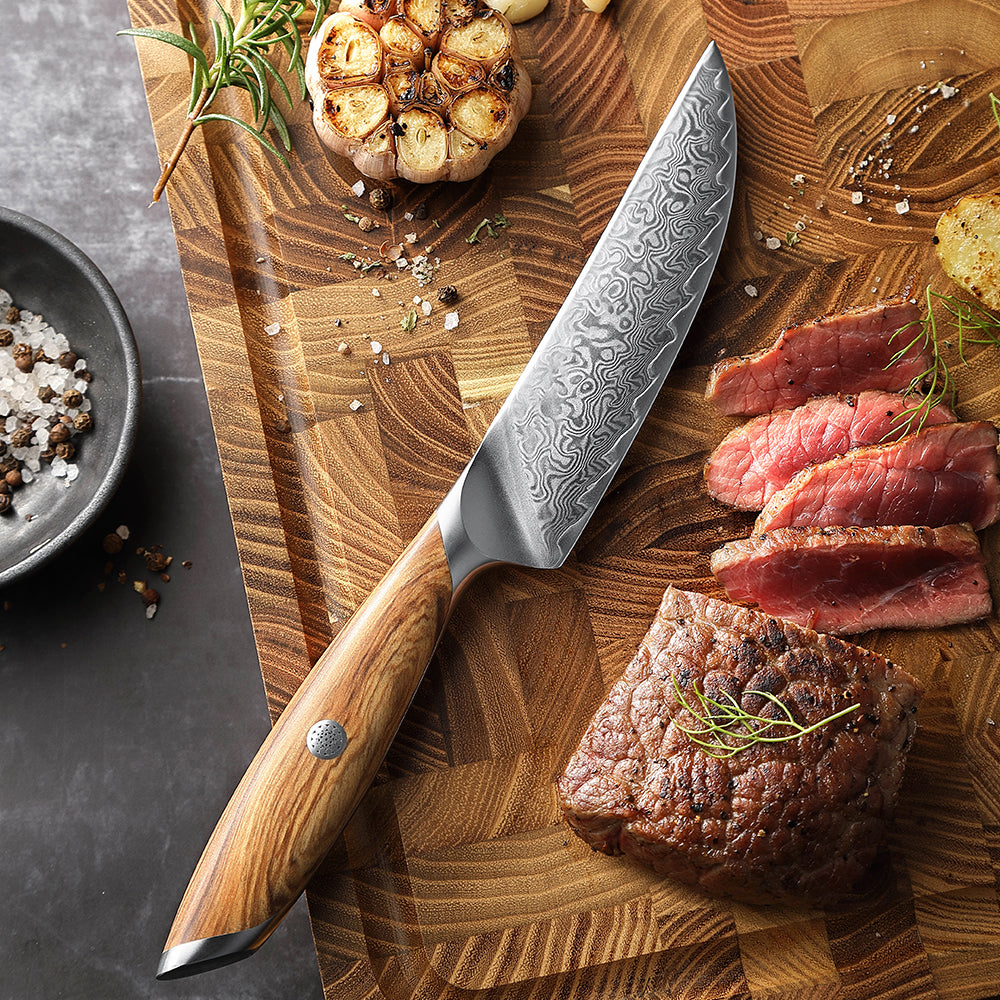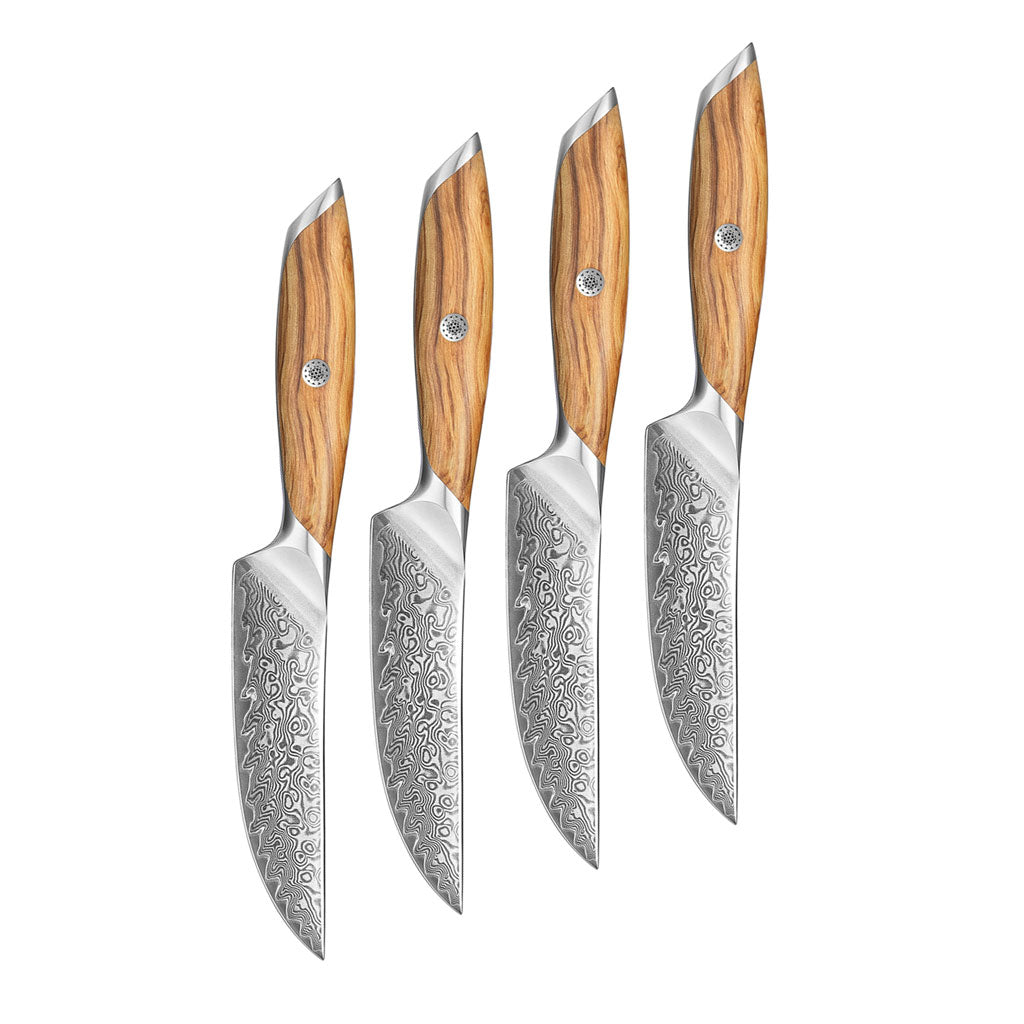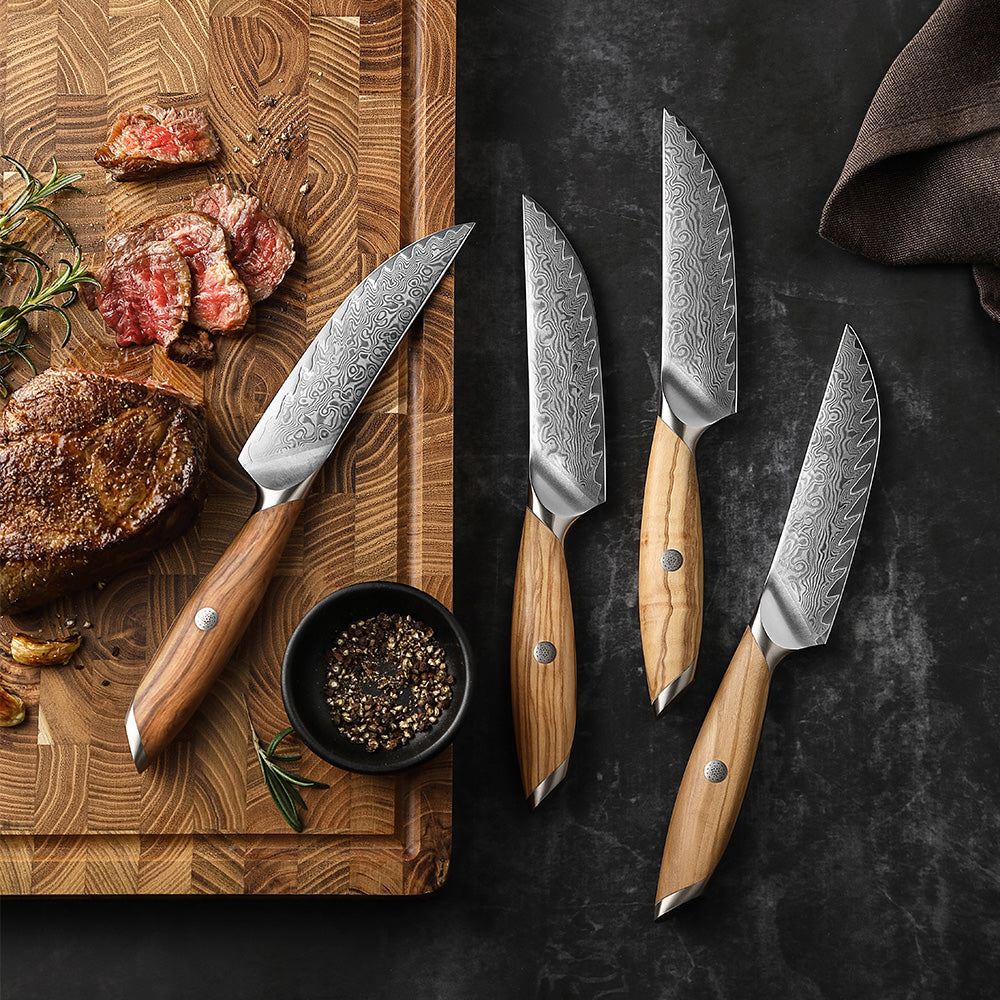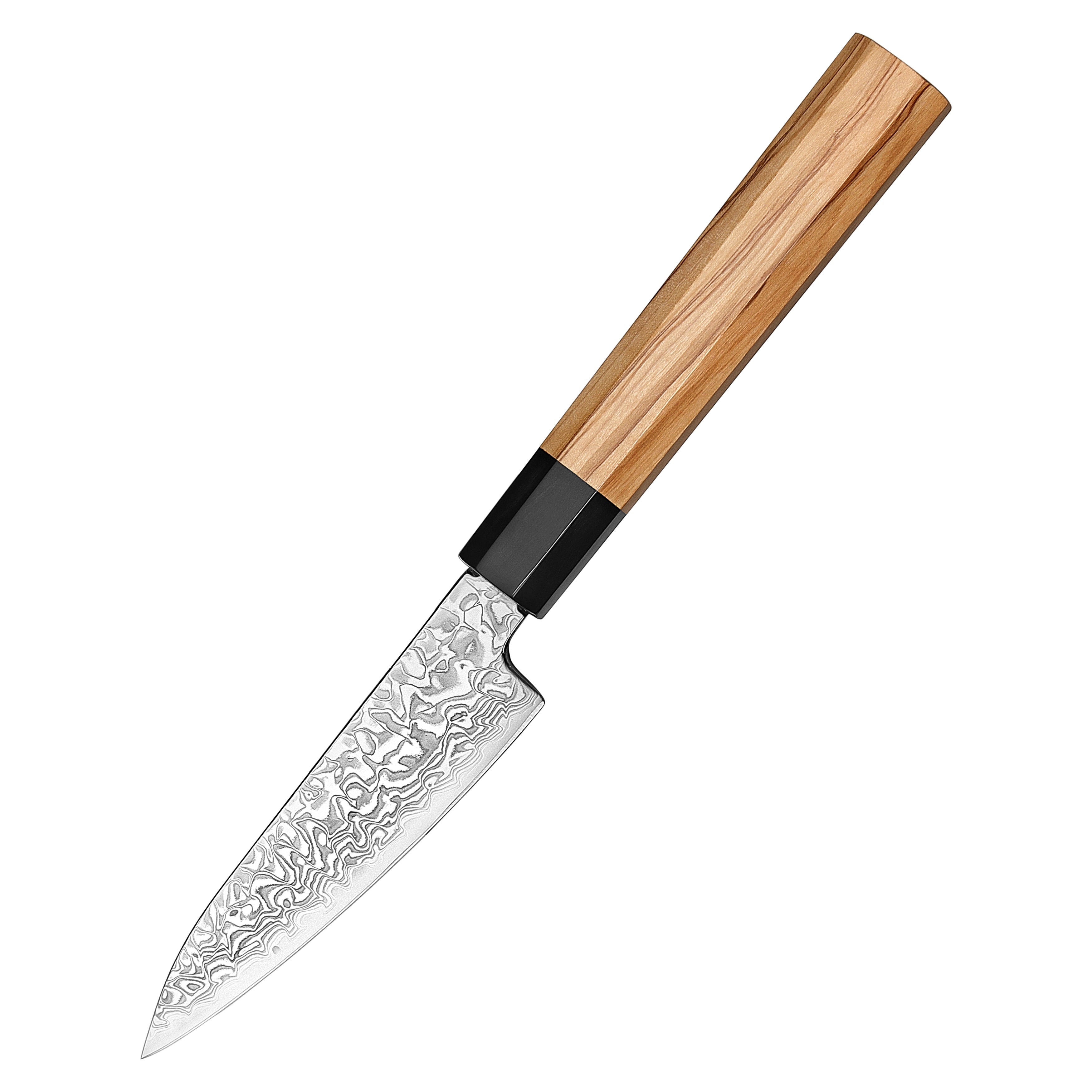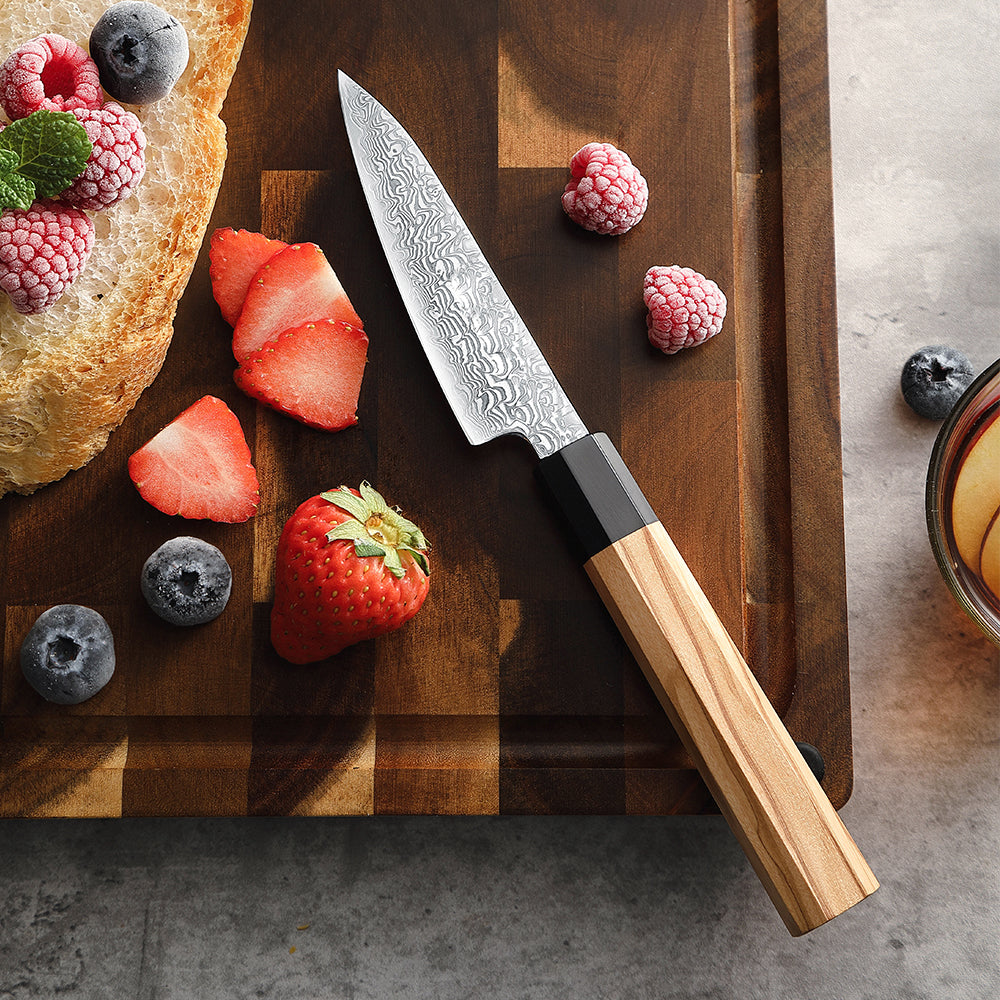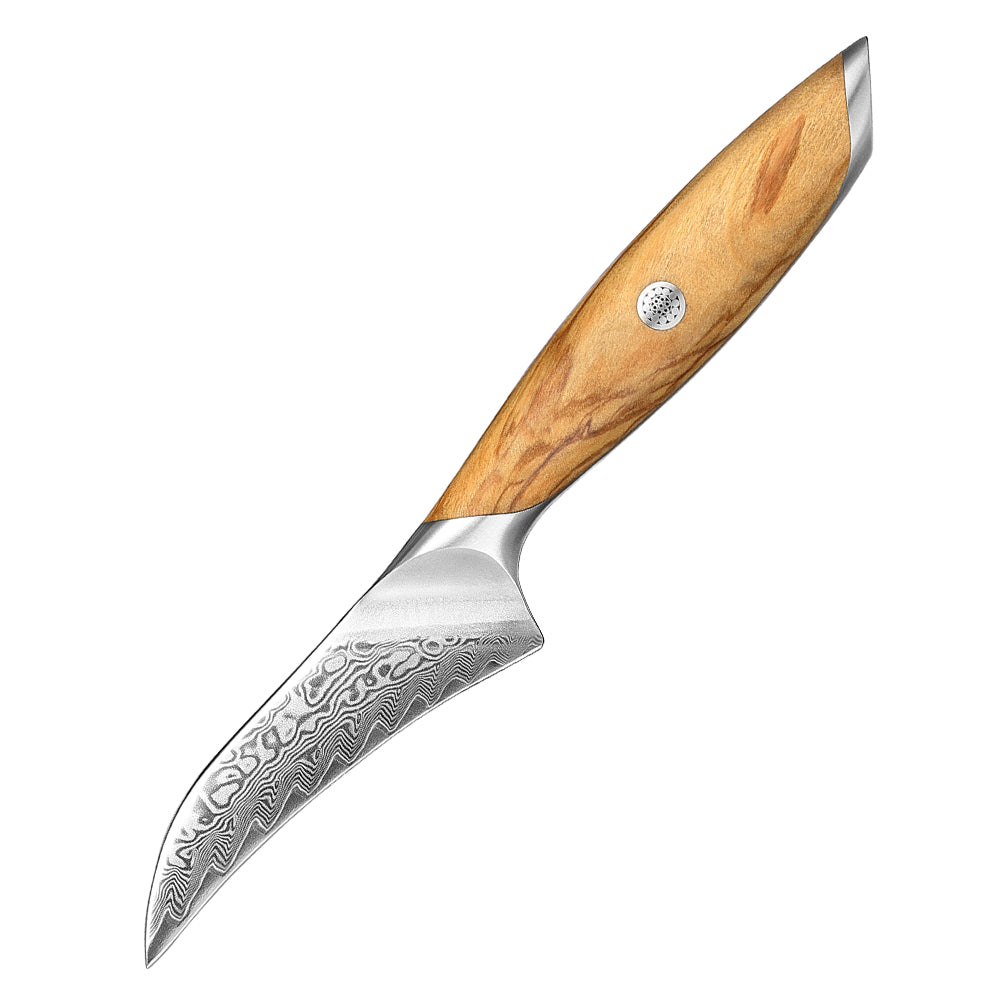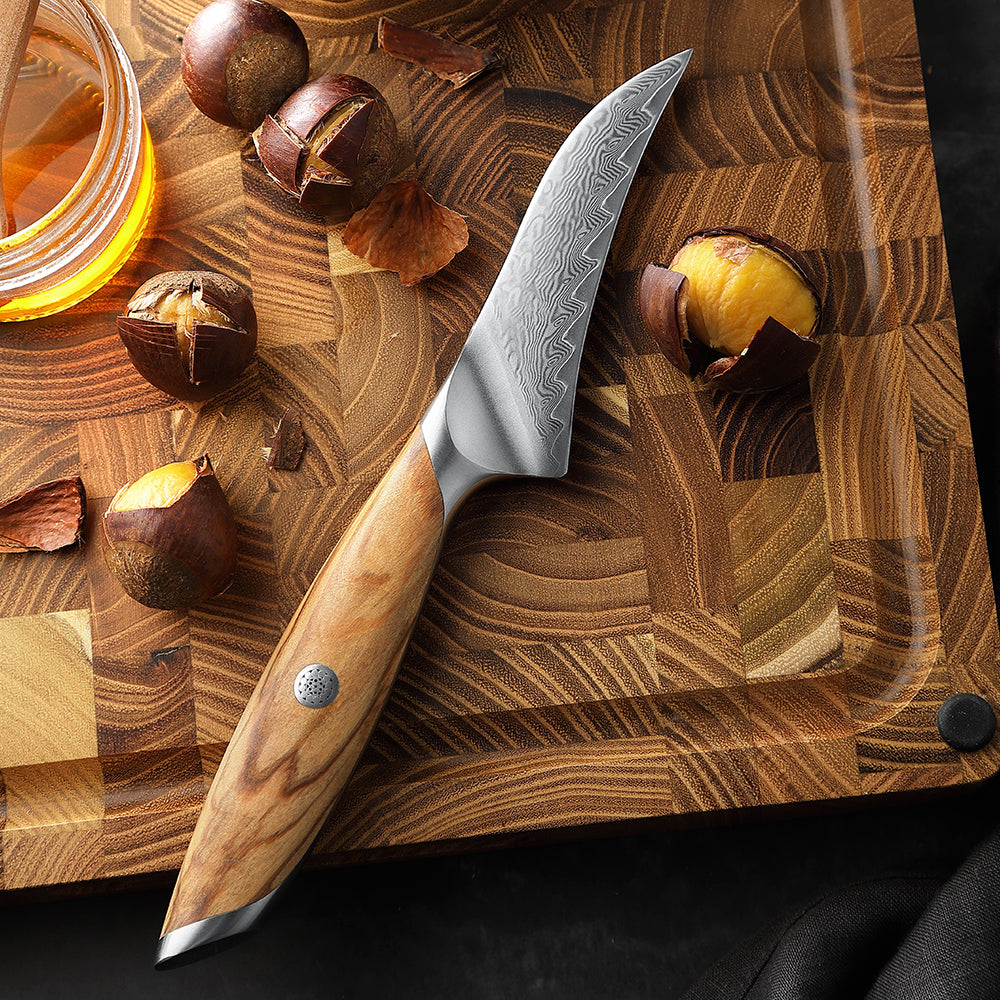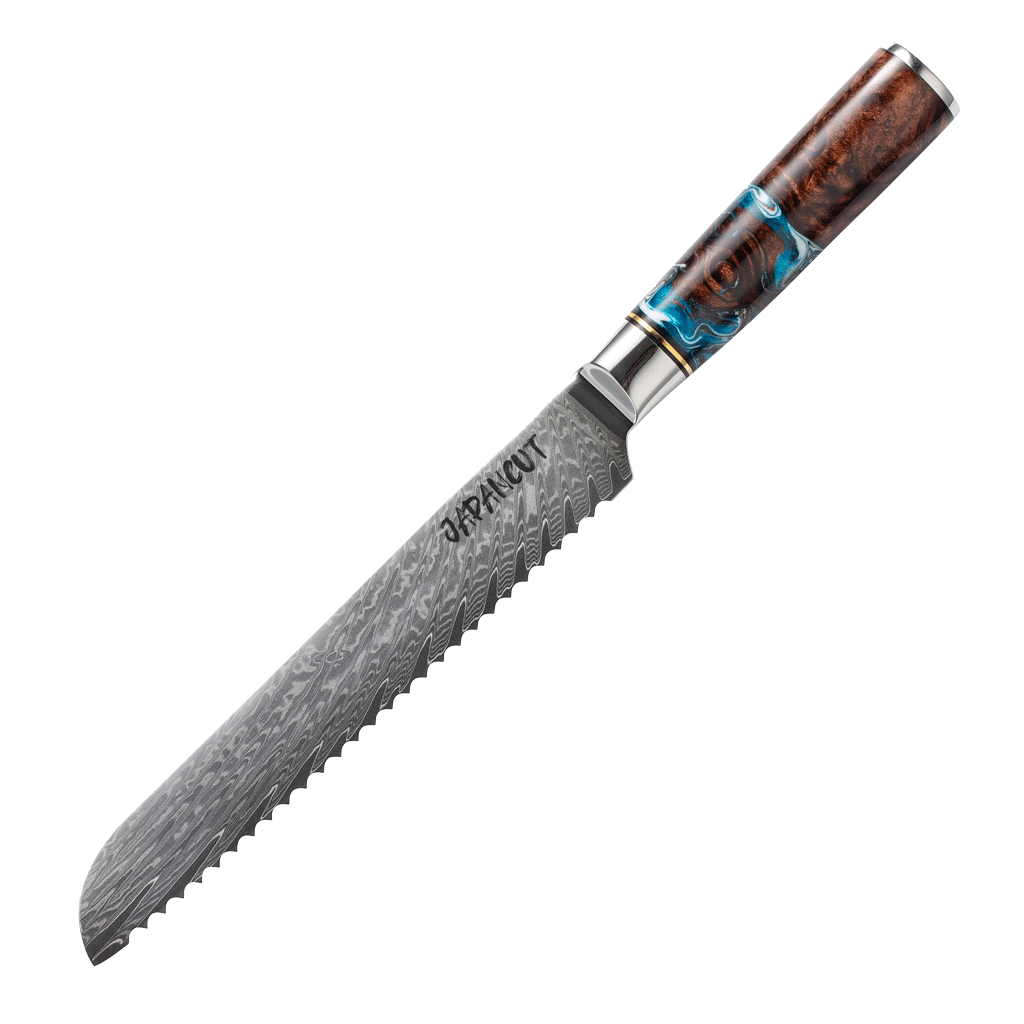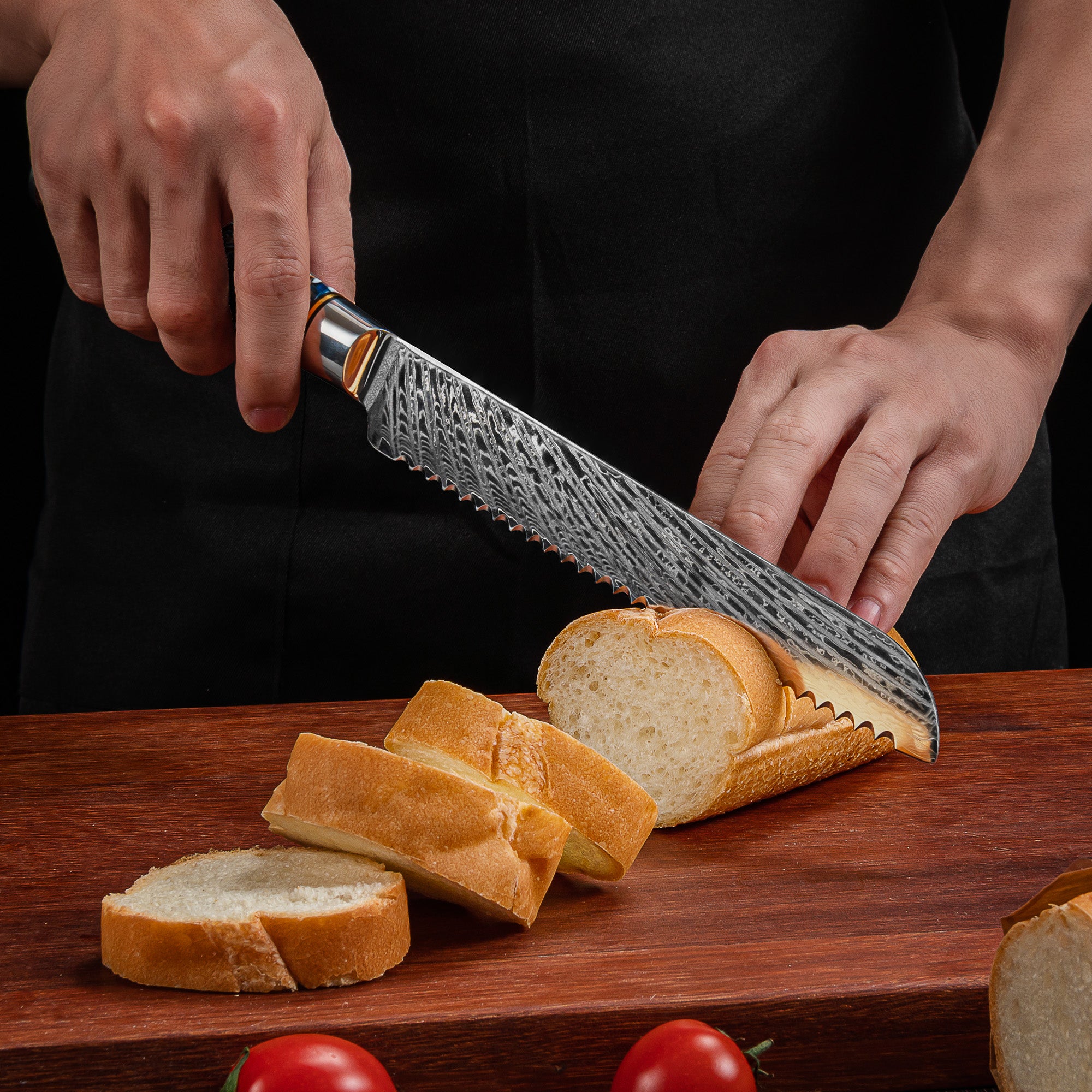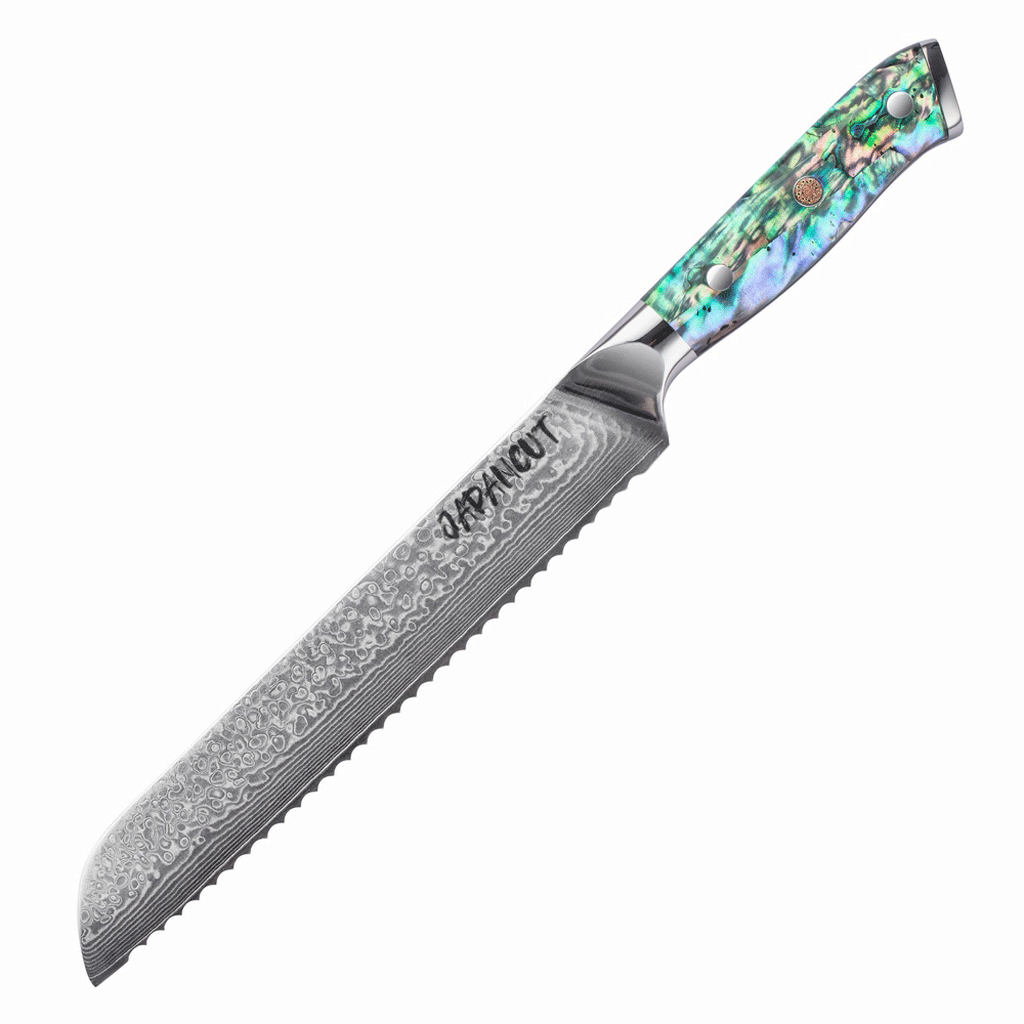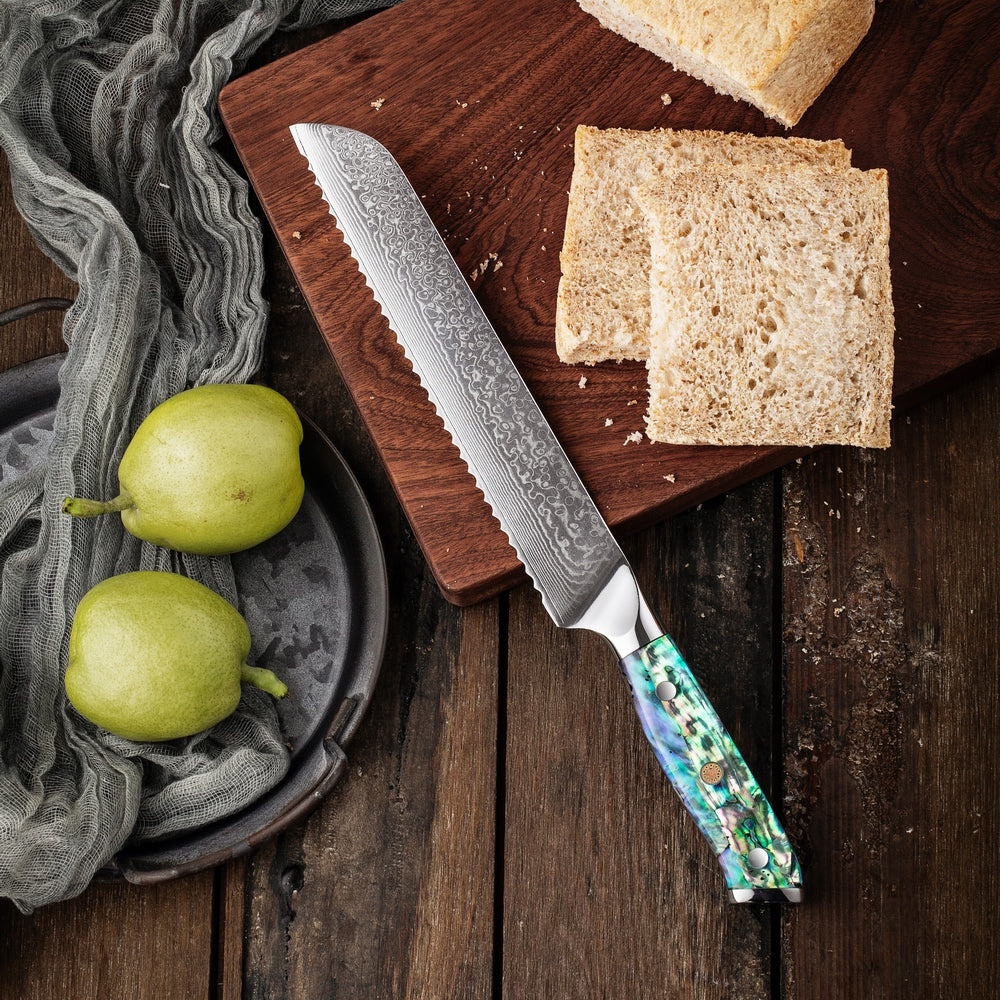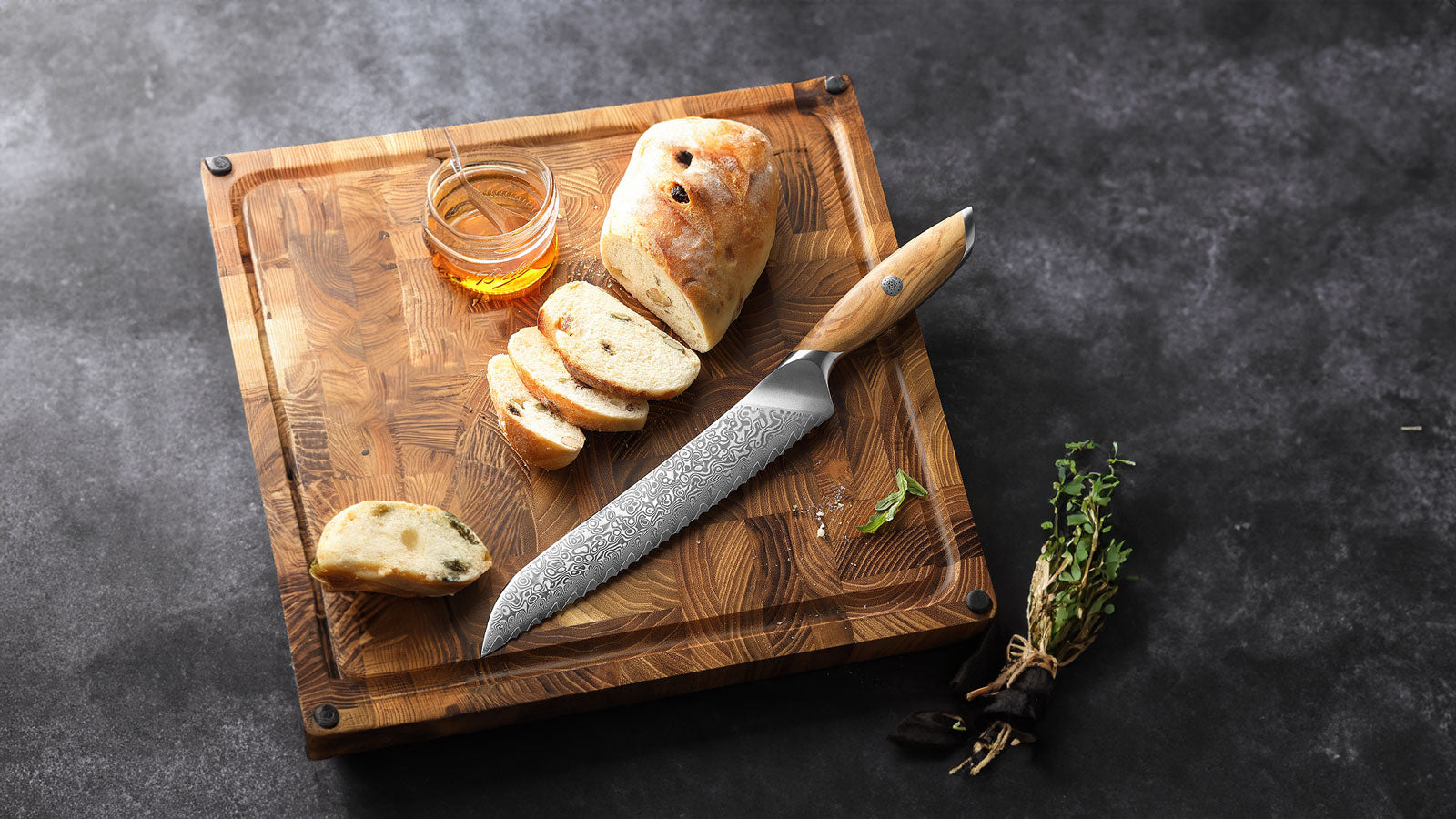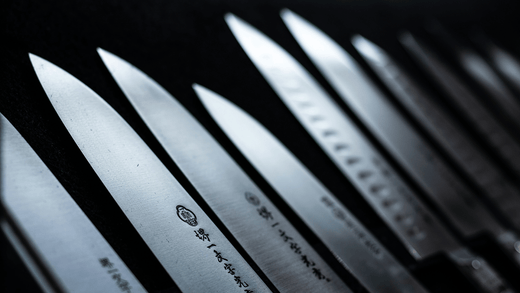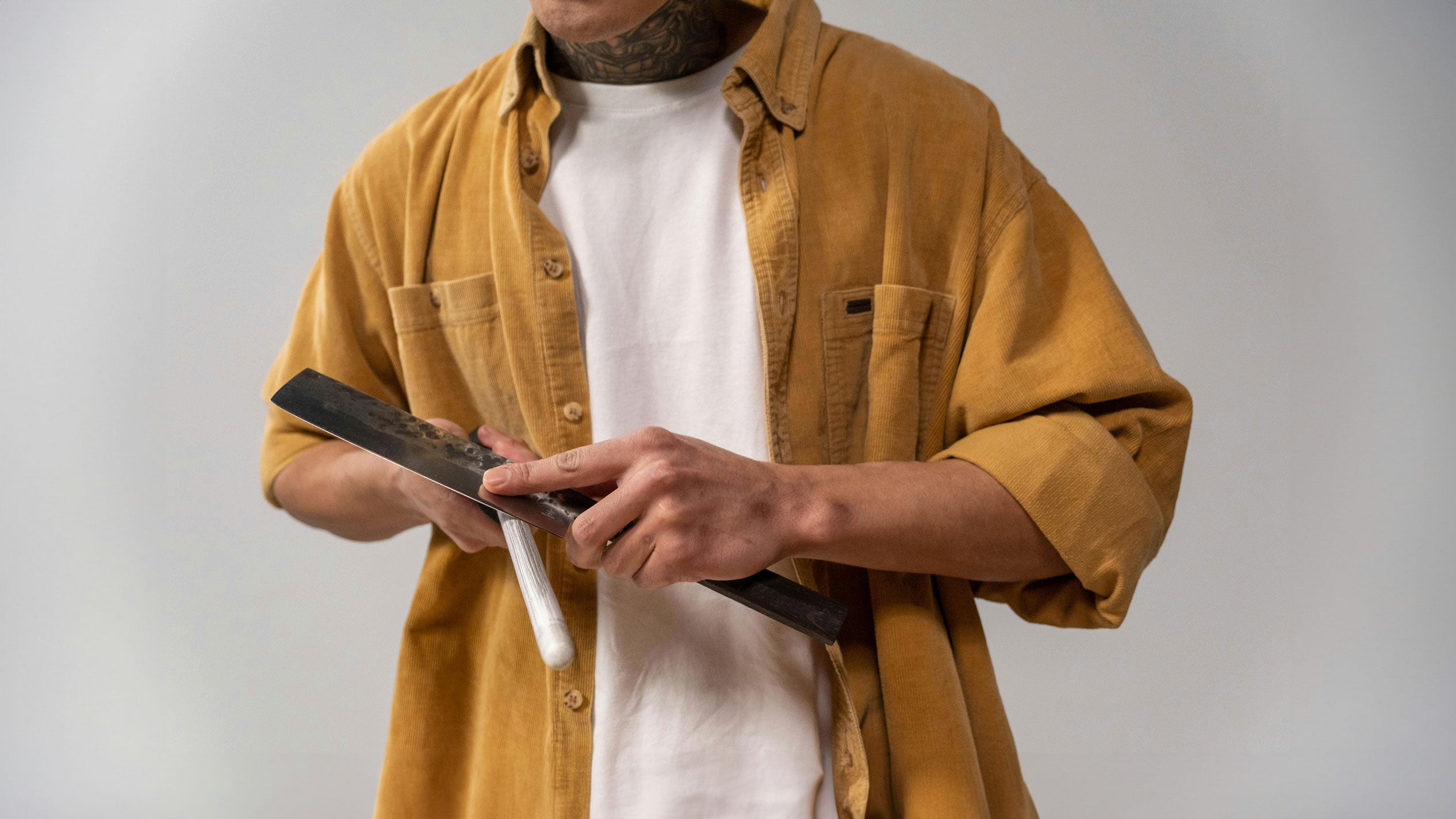
Perfect cutting performance: tips and tricks for sharpening knives
Sharpening knives is an art that every master chef should master. Whether you're a professional or an amateur cook, a sharp knife is essential for precise and effortless cuts. Our high-quality Damascus knives deserve special attention and care. Here you can find out everything you need to know about sharpening knives.
Why is knife sharpening so important?
A sharp knife not only guarantees precise cuts, but also increases safety in the kitchen. A blunt knife requires more pressure and increases the risk of slipping and injuring yourself. Regular knife sharpening is therefore essential to maintain the lifespan and performance of your Damascus knives.
Sharpening knives: The best methods
There are several methods to sharpen a knife and choosing the right one depends on your experience and the tools you have. The most common methods include:
-
Whetstone: The whetstone is the traditional and most effective tool for sharpening knives. It allows you to grind the blade at a precise angle and remove fine burrs. For the best result, it is recommended to use different grits - from coarse for pre-grinding to fine for polishing. We also prefer a whetstone. Our whetstone - MODOSU has two different grits: grinding grade 1000 and 6000. Find out more about using whetstones here .
-
Knife sharpener: Electric knife sharpeners are a practical alternative for anyone who wants to sharpen their knives quickly and easily. They are user-friendly and ensure consistent grinding results. Make sure to choose a model that is suitable for Damascus knives.
-
Sharpening rod: A sharpening rod is not used for actual sharpening, but rather for honing the blade and straightening the edge. It is ideal for regular maintenance between the actual sharpening processes.
Tips for sharpening the perfect knife
- Correct angle: Make sure you sharpen the knife at the correct angle. For most kitchen knives, this is 15-20 degrees.
- Even movement: Move the blade evenly over the whetstone or through the knife sharpener, applying moderate pressure.
- Water or oil: Some whetstones require water or oil as a lubricant. Find out beforehand which medium is suitable for your whetstone. Our whetstone only needs water to sharpen knives.
- Regularity: Sharpen your knives regularly to maintain their cutting performance. Depending on use, this may be necessary every few weeks or months.
Conclusion
Sharpening knives is an essential skill that has a significant impact on the quality and lifespan of your Damascus knives. Whether you prefer the whetstone, the knife sharpener or the whetstone - with the right technique and a little practice, your knives will always be sharp and ready for use. Discover our high-quality grinding tools and let your Damascus knives shine like new!
